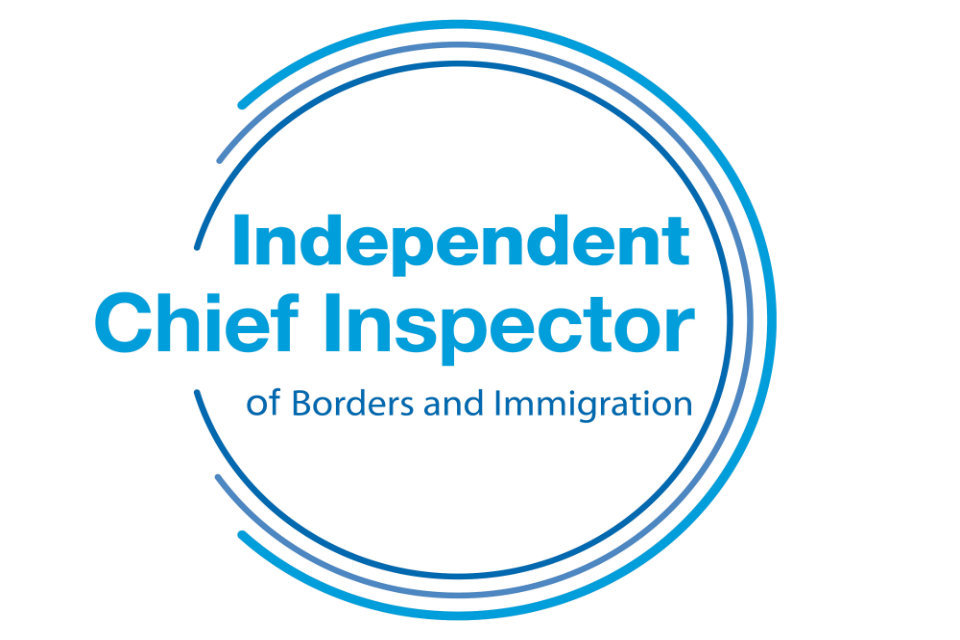More lost pets to return home as microchipping system reformed
Lost or stolen pets will be reunited with their owners more quickly under reforms to the pet microchipping system announced today (29 March).
With over nine million pet dogs and nine million pet cats in England, it is devasting for owners when they are lost or stolen. Microchipping is the most effective and quickest way of identifying pets, with microchipped dogs more than twice as likely to be reunited with their owner.
Reforms set out today will help reunite stray pets by making microchip records easier to access, improving the accuracy of microchip information, and standardising database operator processes.
The new measures will help deter pet theft by creating more opportunities for suspicious activity to be flagged. This will include requiring database operators to provide a field indicating whether the pet has been reported as ‘missing’, strengthening the process for transferring keepership of a pet by ensuring the current keeper has 28 days to object, and preventing the creation of duplicate records.
The changes also include the creation of a central portal that approved users – including vets, local authorities, and police – can use to search microchip records rather than having to contact separate databases individually, which can delay the time taken for pets to be returned home.
Animal Welfare Minister Lord Douglas Miller said:
“Pets are treasured members of the family so it can be devasting for owners when they are lost or stolen.
“These vital reforms will simplify the microchipping system to make it quicker for vets, local authorities and police to access important information when they need it, helping to safeguard pets from theft and increase the likelihood of lost pets being returned home.”
Michael Webb, Battersea’s Head of Policy & Public Affairs, said:
“Battersea is incredibly pleased with these reforms to the microchipping system, which will improve services for owners, enforcers and rescues alike. We see dogs and cats arrive at our centres every day with out-of-date microchips, or sadly no microchip at all, making it near impossible for our staff to reunite people with their pets. These reforms, which we have been calling for for some time, will not only help rescues like Battersea reunite more pets in less time, but also hopefully better protect dogs and cats from theft.
“With only several weeks to go until the law requires millions of cats to be microchipped, it is vital that the country’s microchipping system is as effective and robust possible and we will continue to work with Defra and other organisations to ensure that this is the case.”
RSPCA Chief Executive Chris Sherwood said:
“Microchipping our pets is so important and provides reassurance and security, should they go missing, that they’ll be able to be identified and returned home quickly.
“A centralised portal with more accurate records will ensure that animals who end up with vets, local authorities and charities, like the RSPCA, can be traced back to their owners as quickly as possible, minimising the stress and anxiety they may feel being away from everything they know.”
British Veterinary Association President Anna Judson said:
“Microchipping is a vital tool for vets working to identify lost pets and to successfully reunite them with their owners. The British Veterinary Association has been pressing for action to address issues with the current database system, which have been a source of ongoing frustration.
“These new measures are a positive step forwards and the new portal should help vet teams to check multiple databases quickly, identify and reunite cats and dogs with their owners and provide prompt treatment where needed.”
Today’s announcement follows a government consultation on the issue in which over 96% of respondents expressed support for the measures, and progresses an Action Plan for Animal Welfare pledge and key recommendations from the Pet Theft Taskforce. It also builds upon wider work to make it easier for lost, stray, or stolen pets to be returned home safely, including making it compulsory to microchip all pet cats in England by 10 June 2024.
We are also clamping down on pet theft by taking forward key recommendations from the Pet Theft Task Force, and have recently confirmed Government support for the Pet Abduction Bill.
These commitments are part of a wider Government effort to build on our existing world-leading animal welfare standards.
Since publishing the Action Plan for Animal Welfare in 2021, we have brought in new laws to recognise animal sentience, introduced tougher penalties for animal cruelty offences; announced an extension of the ivory ban to cover other ivory bearing species; supported legislation to ban glue traps, the import of detached shark fins and measures to ban the advertising and offering for sale of low welfare activities abroad.



